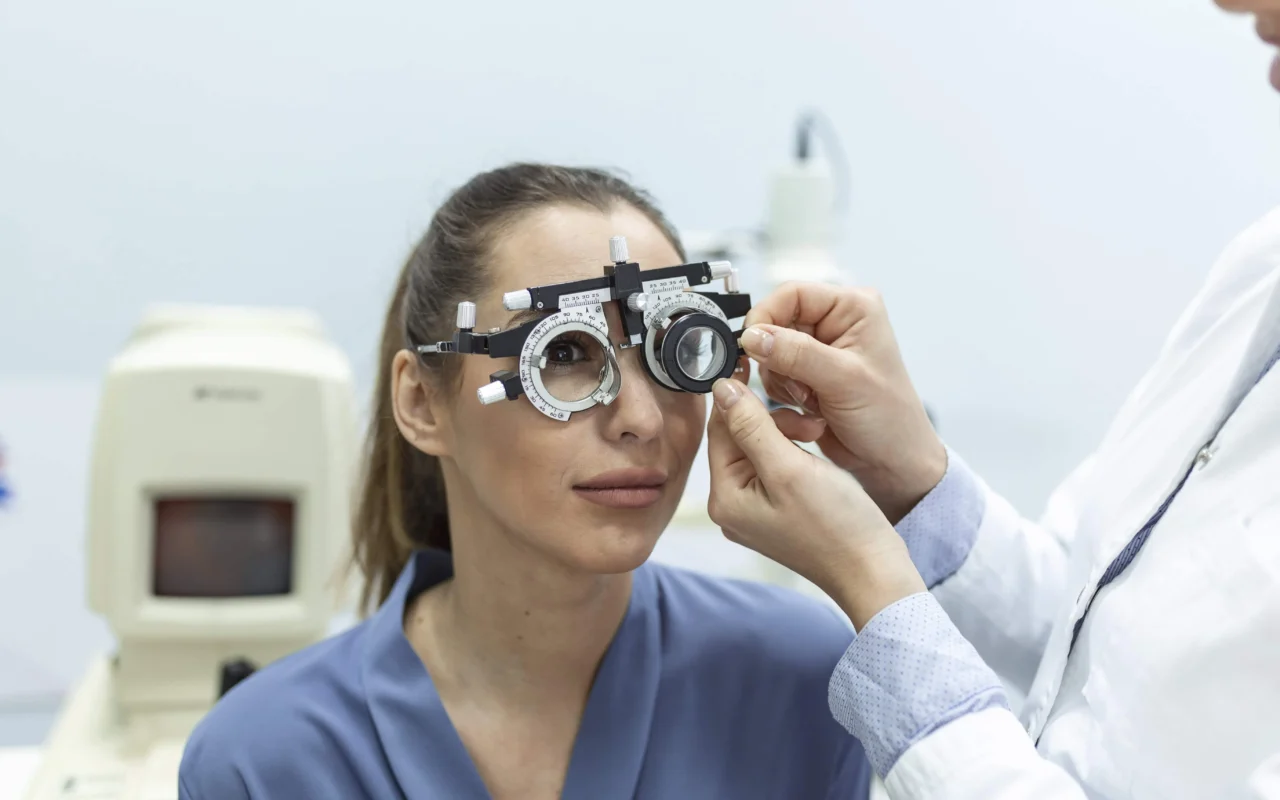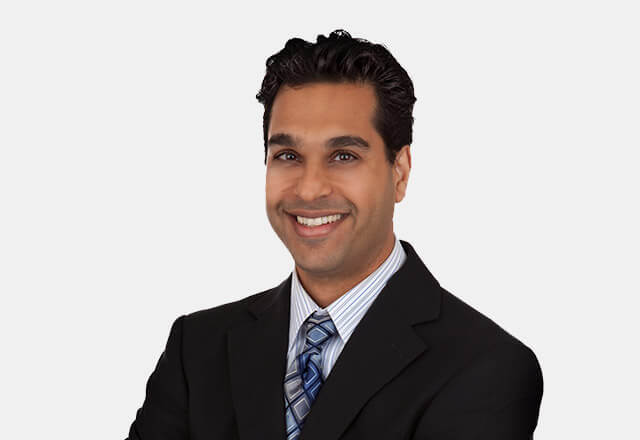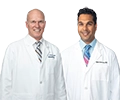
If you’re thinking about switching from glasses to contact lenses, you’ll need more than just a regular eye exam. A contact lens exam is a special test that helps your eye doctor find the right lenses for your eyes. It checks your vision, eye shape, and how well your eyes produce tears. This ensures your contacts fit comfortably and safely while giving you clear vision. In this blog, we’ll explain what is a contact lens exam, why it matters, and what you can expect during your visit.
What is a Contact Lens Exam?
A contact lens exam is a special type of eye exam that goes beyond a standard vision test. It’s designed to find out if you’re a good candidate for contact lenses and to make sure they fit your eyes correctly and comfortably.
During a contact lens exam, your eye doctor will not only check your vision but also take detailed measurements of your eyes. These measurements help determine the right size and shape of contact lenses for your unique eyes. The doctor may also check the health of your eyes and evaluate how much moisture your eyes produce, which is important for choosing lenses that won’t dry out your eyes.
In addition to testing, your doctor will ask about your lifestyle, how often you plan to wear contacts, and whether you prefer daily disposables, monthly lenses, or specialty lenses. All of this helps create a personalized lens prescription that fits your needs.
The goal of a contact lens exam is to ensure your lenses provide clear vision, feel comfortable, and are safe for long-term use. If you’ve never worn contacts before, your doctor may also guide you on how to insert, remove, and clean your lenses properly.
Eye Exam vs Contact Lens Exam
A regular eye exam is a routine check-up to evaluate your overall eye health and vision. During this exam, your eye doctor checks for common vision problems like near-sightedness, farsightedness, and astigmatism. It also includes a screening for eye conditions such as glaucoma, cataracts, or macular degeneration. If needed, the doctor will give you a prescription for eyeglasses. This exam is important for maintaining good eye health and making sure you’re seeing clearly.
A contact lens exam includes everything in a regular eye exam, but it goes a step further. It involves extra tests and measurements to determine if contact lenses are right for your eyes. Your doctor will check the shape of your cornea, measure your pupils, and assess how well your eyes produce tears. These steps help choose the right type and size of contact lenses to ensure a proper fit and comfort. Contact lens wearers also receive a separate prescription, which includes details not found on a glasses prescription.
What Happens at a Contact Lens Exam?
A contact lens exam involves several steps to make sure your lenses fit well, feel comfortable, and give you clear vision. Here’s what you can expect during your visit:
-
Contact Lens Consultation
Your eye doctor will start by asking questions about your vision goals, daily routine, and previous experience (if any) with contact lenses. This helps determine the best lens type, whether daily disposables, extended wear, or specialty lenses.
-
Eye Measurements
The doctor will take precise measurements of your eyes to ensure the lenses match the shape and size of your eyes. This helps prevent discomfort or blurry vision caused by a poor fit.
-
Corneal Curvature and Contact Lens Diameter
Using a tool called a keratometer or corneal topographer, the doctor measures the curve of your cornea. This is important because the contact lens must sit properly on your eye’s surface without moving too much or too little.
-
Pupil Size
Your pupil size is measured in both bright and dim lighting conditions. This information helps choose a lens that won’t interfere with your vision, especially at night or in low-light situations.
-
Tear Film Evaluation
Your eyes need enough natural moisture to wear contacts comfortably. The doctor will assess your tear production to make sure your eyes won’t get too dry with lenses. If needed, they may suggest specific lenses for dry eyes.
-
Prescription Determination
After these tests, your doctor will check your vision with trial lenses to fine-tune your contact lens prescription. This is different from a glasses prescription and includes details like lens curvature and diameter.
-
Review of Lifestyle and Preferences
Before finalizing your prescription, your doctor will consider how often you’ll wear lenses, your comfort needs, and your personal preferences, whether you want lenses just for sports, full-time wear, or occasional use.
Why Are Contact Lens Exams Important?
Wearing contact lenses without regular exams can lead to discomfort, blurry vision, or even eye problems over time. These exams help make sure your lenses are safe, comfortable, and still the right fit for your eyes.
-
Check Your Eye Health
Even if your vision seems fine, contact lenses can sometimes cause or worsen eye issues like irritation or dryness. A yearly exam helps your doctor catch early signs of problems and keep your eyes healthy. Learn more about how blurred vision and eye irritation can be linked to contact lens use.
-
Assess the Fit of Your Lenses
Your eye shape can change over time, and an ill-fitting lens may lead to discomfort or even corneal damage. Contact lens exams ensure that your lenses still fit properly and stay in place throughout the day.
-
Update Your Prescription
Vision changes gradually, and an outdated prescription can cause eyestrain, headaches, or blurry vision. A contact lens exam makes sure you’re wearing the correct lenses for your current eyesight. Visit our page to learn more about updating your contact lens prescription.
-
Lifestyle Changes
If your daily routine has changed, such as more screen time, new sports activities, or traveling more often, you may need a different type of contact lens. During your exam, your doctor can recommend lenses that better match your new habits or comfort needs.
Get Your Contact Lens Exam at InSight Vision Center, Fresno
At InSight Vision Center, we provide personalized contact lens exams to ensure your lenses fit comfortably and keep your eyes healthy. Our experienced eye doctors in Fresno, CA use advanced diagnostic tools to measure your eye shape, assess tear quality, and help you find the right type of contacts for your lifestyle, whether you’re new to lenses or need to update your prescription.
From soft lenses to specialty options like toric or multifocal contacts, we offer a wide range of choices tailored to your vision needs. As trusted eye doctors in Fresno, we’re here to guide you every step of the way, from your initial exam to proper lens care and follow-up.
Book your contact lens exam today!
Contact Fresno’s trusted eye care team at InSight Vision Center.
Contact lenses can be a great option for clear, comfortable vision, but only when they’re properly fitted and regularly checked. A contact lens exam goes beyond a standard eye test to make sure your lenses match your eye health, vision needs, and lifestyle. Whether you’re new to contacts or have worn them for years, keeping up with your exams helps protect your eyes and keep your vision sharp.
Ready to make the switch or update your lenses? Trust the experienced eye doctors at InSight Vision Center in Fresno to guide you every step of the way.
Key Takeaways
- A contact lens exam is a specialized eye exam that measures vision, eye shape, and tear production to ensure contact lenses fit comfortably and safely.
- The process involves a consultation about vision goals, detailed eye measurements, trial lenses, and a review of lifestyle and preferences before finalizing a prescription.
- Regular contact lens exams help detect eye issues early, ensure a proper lens fit, update prescriptions, and adjust lens types based on lifestyle changes.
- Proper fit and regular follow-ups protect eye health, prevent discomfort, and maintain clear vision.
FAQs About Contact Lens Eye Exam

Dr. Azhar I. Salahuddin is an ophthalmologist and is fellowship-trained in cornea, external diseases, and refractive surgery. Dr. Salahuddin has been performing cataract surgery for over 19 years and specializes ocular reconstruction, corneal transplantation surgery as well as vision correction through a variety of intraocular lenses. Dr. Salahuddin is board-certified by the American Board of Ophthalmology and was trained at Boston University.

